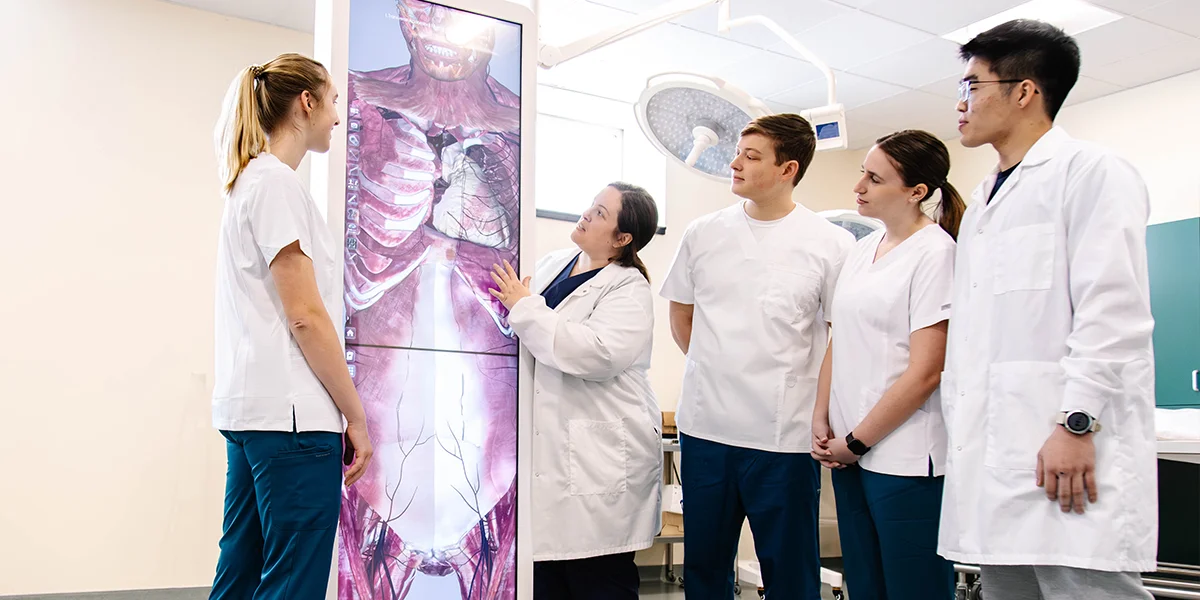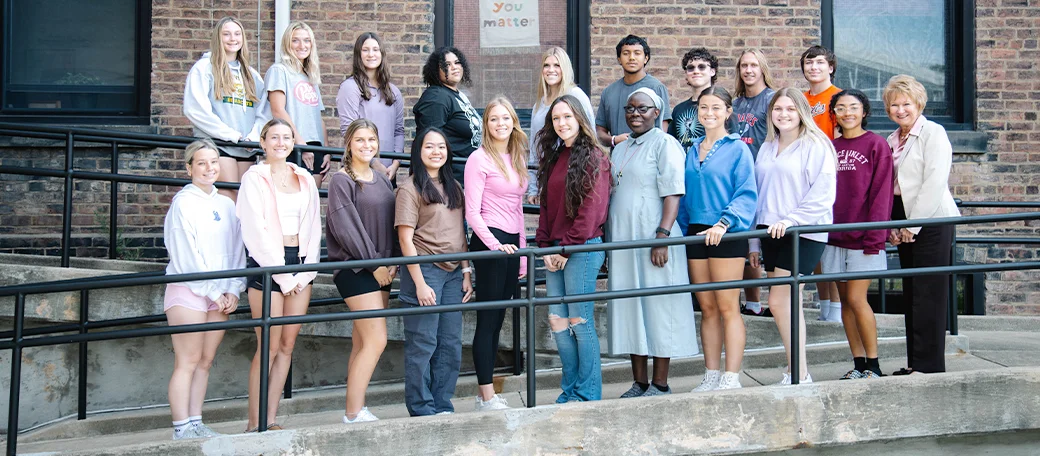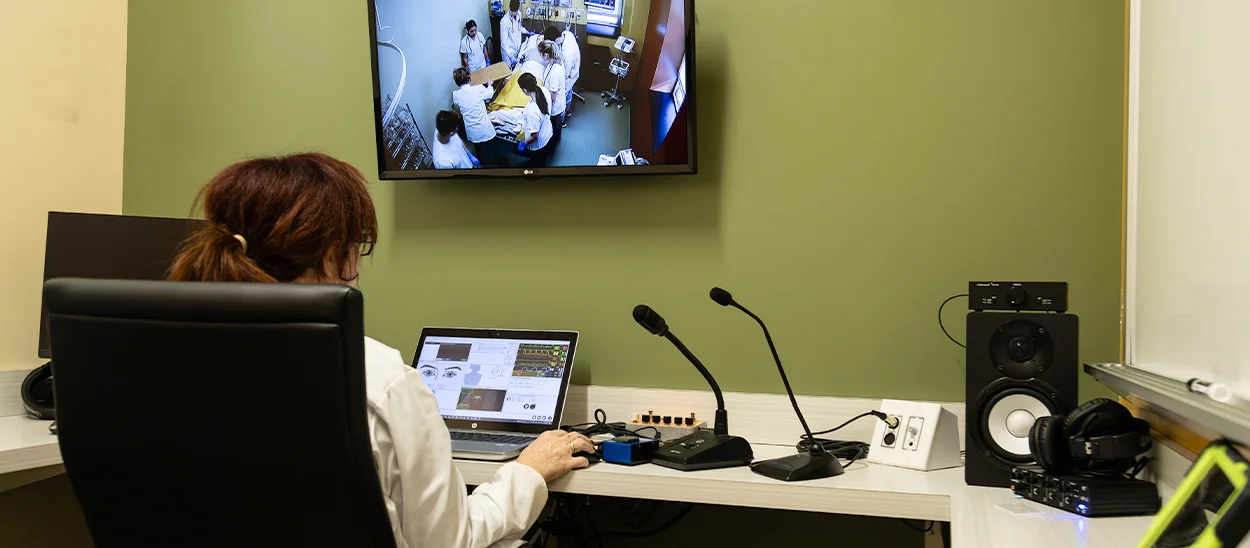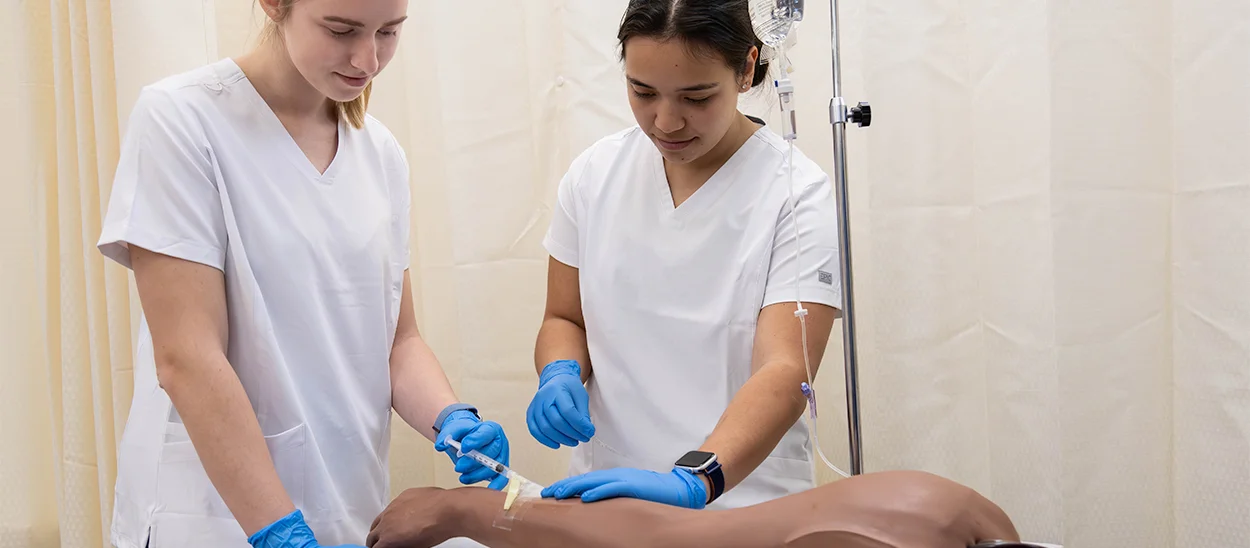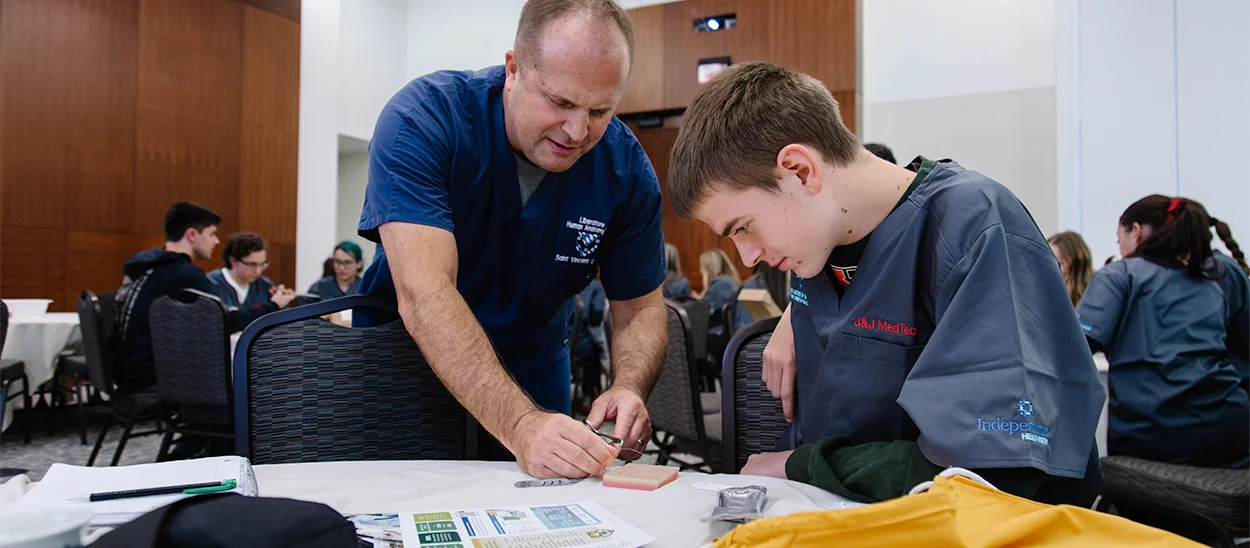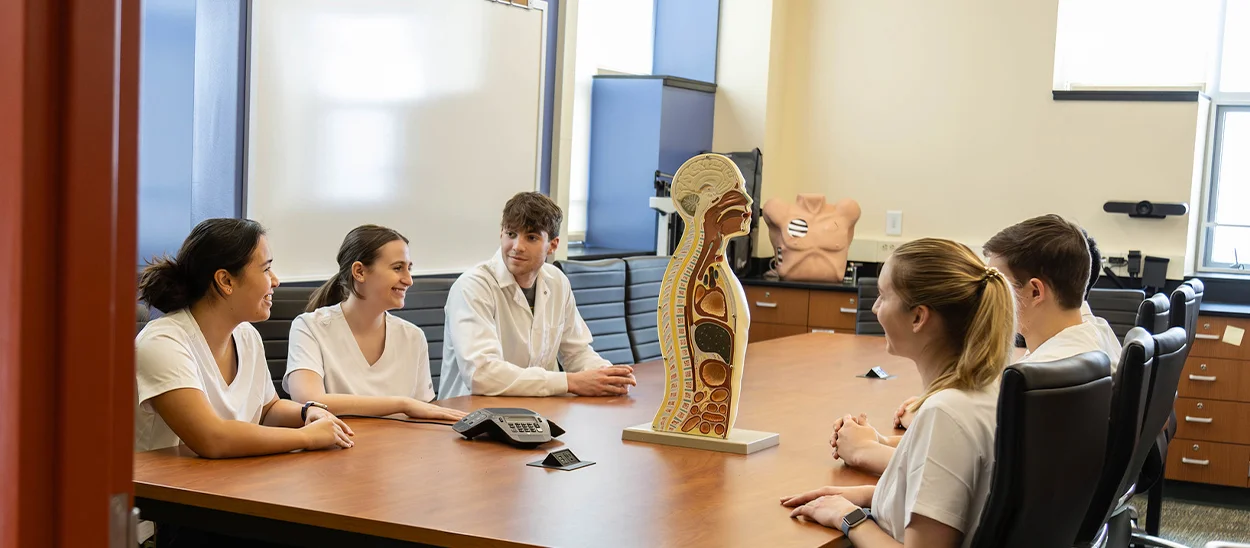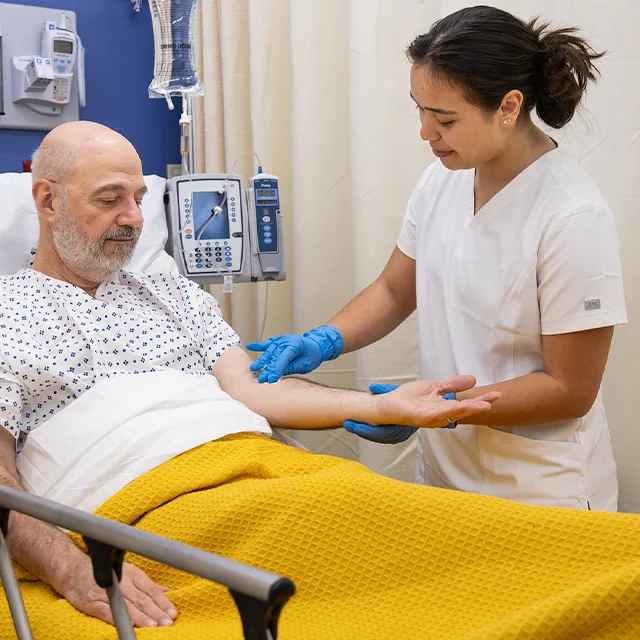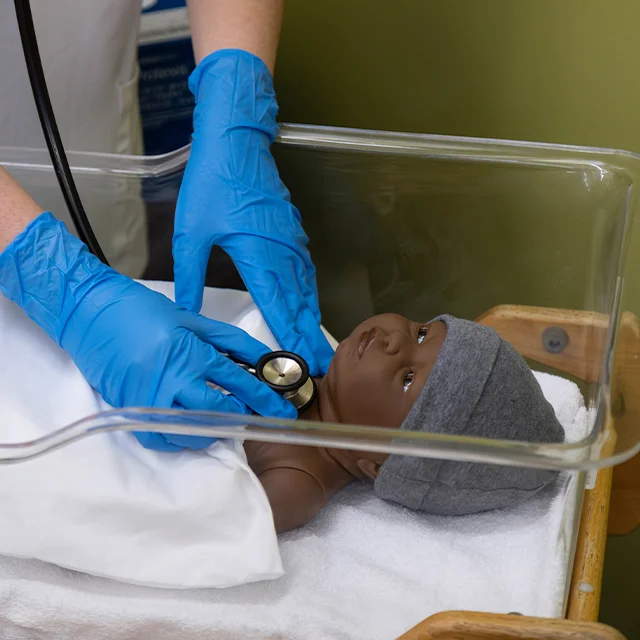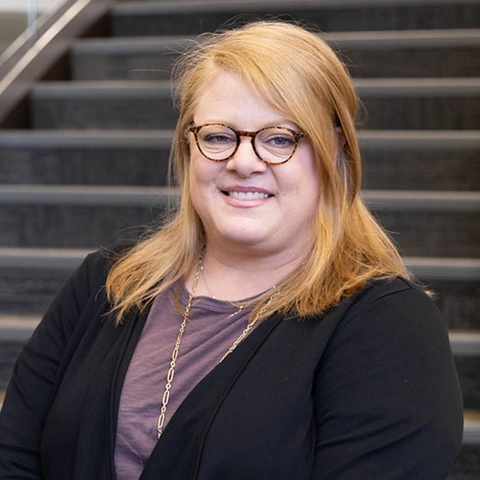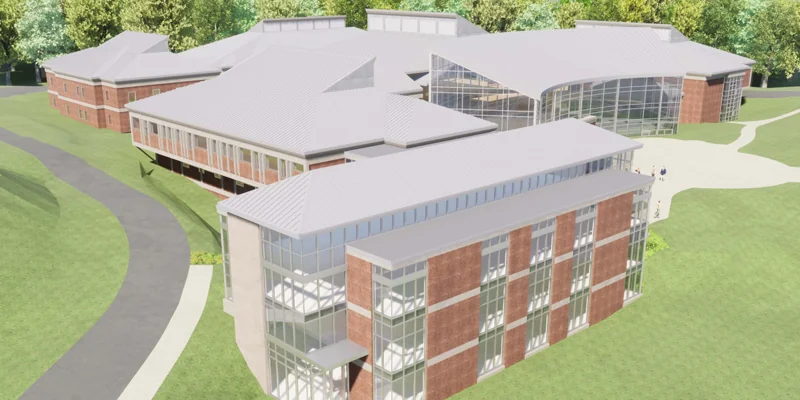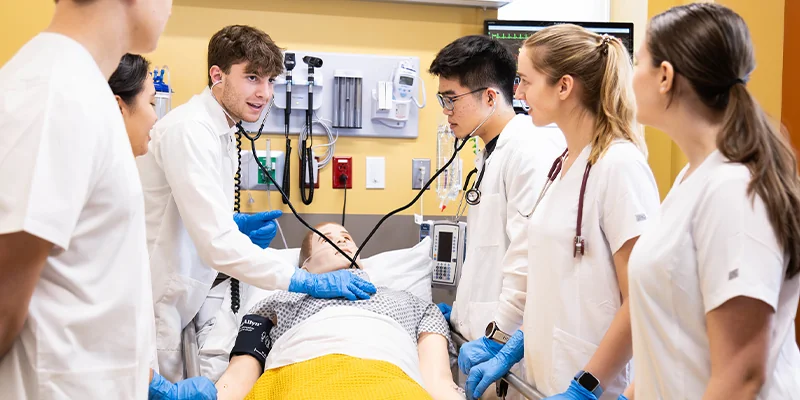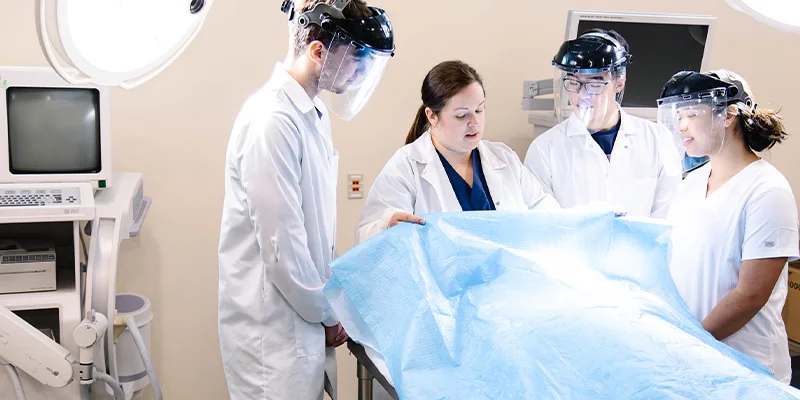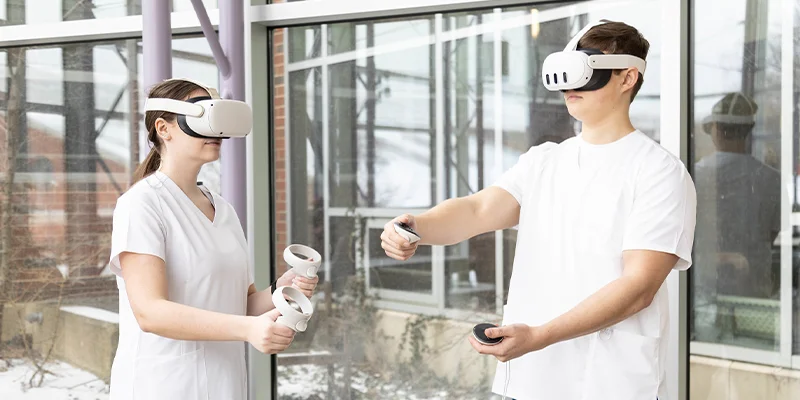|
Course Number
|
Course Title
|
Credits
|
|
|
|
Core Courses
|
|
CORE 1400
|
Listening Seminar: Health, Wellness, and Self-Care
|
3
|
|
CORE 1500
|
Core Writing
|
3
|
|
CORE 1100
|
Elective
|
3
|
|
CORE 2500/CA120
|
Public Speaking
|
3
|
|
CORE 1203
|
Introductions to Sociology
|
3
|
|
CORE 2600/AN 285
|
Foundations of Public Health
|
3
|
|
CORE 11600/PL 218
|
Bioethics
|
3
|
|
CORE 2400
|
Learning Seminar
|
3
|
|
CORE 2100
|
Elective
|
3
|
|
CORE 2200
|
Health Policy and Social Justice
|
3
|
|
CORE 1507
|
Science Writing
|
3
|
|
CORE 3400
|
Loving Seminar
|
3
|
|
|
|
Humanities and Science Courses
|
|
PY 218
|
Life Span Development
|
3
|
|
MA 107
|
Quantitative Reasoning
|
3
|
|
CH 125
|
Introduction to General, Organic, and Biological Chemistry
|
3
|
|
CH 127
|
Introduction to General, Organic, and Biological Chemistry Lab
|
1
|
|
MA 121
|
Basic Applied Statistics
|
3
|
|
HSCI 222
|
Human Anatomy and Physiology I
|
3
|
|
HSCI 223
|
Human Anatomy and Physiology I Lab
|
1
|
|
BL 295
|
Fundamentals of Microbiology
|
3
|
|
BL 296
|
Fundamentals of Microbiology Lab
|
1
|
|
HSCI 224
|
Human Anatomy and Physiology II
|
3
|
|
HSCI 225
|
Human Anatomy and Physiology II Lab
|
1
|
|
BL 299
|
Pharmacology
|
3
|
|
BL 297
|
Pathophysiology Across the Lifespan I
|
2
|
|
BL 298
|
Pathophysiology Across the Lifespan II
|
2
|
|
|
|
Nursing Courses
|
|
NUR 110
|
Principles of Applied Nutrition
|
3
|
|
NUR 211
|
Introduction to Clinical Reasoning in Nursing Practice I: Health Assessment
|
2
|
|
NUR 221
|
Introduction to Clinical Reasoning in Nursing Practice I: Practicum
|
1
|
|
NUR 212
|
Perspectives on Nursing
|
2
|
|
NUR 213
|
Introduction to Clinical Reasoning in Nursing Practice II: Fundamentals of Assessment, Nursing Care, and Clinical Practice
|
2
|
|
NUR 223
|
Introduction to Clinical Reasoning in Nursing Practice II: Practicum
|
1
|
|
NUR 214
|
Introduction to Evidence Based Practice and Nursing Science
|
2
|
|
NUR 311
|
Nursing Care of Adults with Acute and Chronic Disorders
|
3
|
|
NUR 321
|
Clinical Reasoning and Personalized Care in the Nursing Care of Adults with Acute and Chronic Disorders: Practicum
|
3
|
|
NUR 312
|
Nursing Care of Women, Newborns, and Families
|
2
|
|
NUR 322
|
Clinical Reasoning and Personalized Care in the Nursing Care of Women, Newborns, and Families: Practicum
|
2
|
|
NUR 313
|
Genetics and Precision Health
|
2
|
|
NUR 314
|
Nursing Care of Vulnerable Populations
|
2
|
|
NUR 324
|
Clinical Reasoning and Personalized Nursing Care in the Nursing Care of Vulnerable Populations: Practicum
|
2
|
|
NUR 315
|
Nursing Care of Children, Adolescents, and Families
|
2
|
|
NUR 325
|
Clinical Reasoning and Personalized Nursing Care of Children, Adolescents, and Families: Practicum
|
2
|
|
NUR 316
|
Applied Epidemiology in Nursing
|
1
|
|
NUR 411
|
Nursing Care of Individuals with Psychiatric, Behavioral, and Mental Health Conditions
|
2
|
|
NUR 421
|
Clinical Reasoning and Personalized Care of Individuals with Psychiatric, Behavioral, and Mental Health Conditions: Practicum
|
2
|
|
NUR 412
|
Nursing Care of Populations
|
2
|
|
NUR 422
|
Clinical Reasoning that Addresses Population Health: Practicum
|
2
|
|
NUR 413
|
Leadership in Systems of Care
|
2
|
|
NUR 414
|
Nursing Care of Adults and Populations with Multiple and Complex Health Disorders
|
2
|
|
NUR 423
|
Professional Nursing Immersion - Leadership in Systems of Care
|
8
|
|
NUR 415
|
Application of Data Analytics, Informatics, and Healthcare Technology
|
1
|
|
NUR 416
|
Senior Capstone
|
1
|
|
|
Total Credits= 124; Total Clinical Credits = 23/1035 hours
|
|
|
|
Micro-credentials
|
|
Micro-credential
|
Introduction to Systems Thinking Science
|
0
|
|
Micro-credential
|
Medication Mathematics
|
0
|
|
Micro-credential
|
Medical Terminology
|
0
|
|
Micro-credential
|
Professional Development for Diversity, Equity, and Inclusion
|
0
|
|
Micro-credential
|
TeamSTEPPS (Patient Safety)
|
0
|
|
Micro-credential
|
Palliative and End-of-Life Care
|
0
|
|
Micro-credential
|
Emergency Preparedness and Disaster Nursing
|
0
|
|
Micro-credential
|
Organizational Excellence in Quality and Safety
|
0
|

